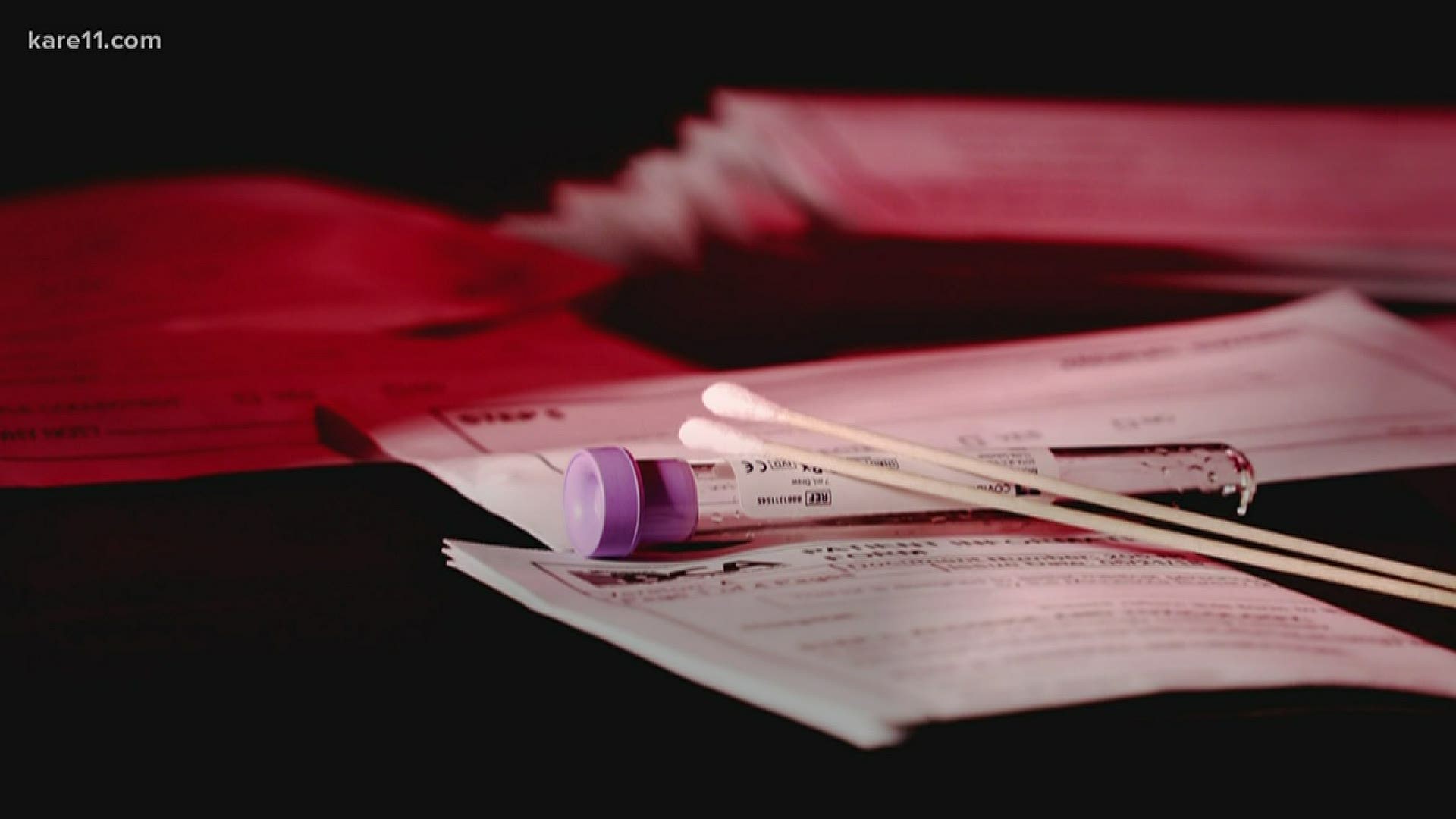ST PAUL, Minn. — High ranking law enforcement officials in St. Paul and Ramsey County on Monday made a plea to save legislation that would require centralized rape kit storage and a tracking system for survivors to check on the kit testing results.
Just days after the chief sponsor of rape kit reform legislation said the cost of battling the coronavirus had likely killed the proposal to require testing of all kits in cases reported to police, Ramsey County Attorney John Choi and other officials pressed lawmakers to move forward with other provisions.
“This legislation really, really does matter,” Choi said.
“We believe that moving Minnesota towards a system of centralized storage and a tracking system is a big step in that direction (of testing all unrestricted kits) and give us more information about what kits are and are not being tested,” said Lindsay Brice, the law and policy director for the Minnesota Coalition Against Sexual Assault.
The main author of the bill, Rep. Marion O’Neill, told KARE 11 last week that any non-COVID-related funding would likely get spiked in this year’s legislative session, including her bill – which had wide bipartisan support in both the Minnesota House and Senate.
The legislation would have required about $7.2 million to fund, with much of that needed to hire additional lab workers to test the kits. O’Neill said she feared that money would no longer be available because of the COVID-19 crisis.
“The test-all was the most important part of the bill,” O’Neill said.
During the press conference on Monday, Ramsey County Attorney John Choi and others strongly advocated for the other two parts of O’Neill’s proposal – requiring centralized storage at the BCA to keep kits from across the state in cases not initially reported to police. The state would also have to create an online tracking system for victims to see whether the kit had been tested and if there were any results.
Choi said during the press conference those two provisions were the least expensive.
“There are realities with respect to the financial condition of the state of Minnesota,” Choi said. “But we’re saying that, in this particular instance a solution is really critical.”
Advocates for sexual assault survivors say storing kits in cases not reported to police gives victims time to change their minds.
“We know that victim-survivors after that one-year anniversary are much more likely to convert a restricted or unreported case to a standard case,” said Jude Foster of the Minnesota Coalition Against Sexual Assault.
O’Neill’s legislation came after KARE 11 reporting that began last summer, which revealed widespread failures across Minnesota to properly test rape kits, finding that potentially thousands of cases were never fully tested, kits were destroyed without testing, and victims are often left in the dark as to the status of their kits.
Funding for the legislation is still included in budgets proposed by both the House Public Safety Committee and Gov. Tim Walz. However, it’s unclear if the senate would support the spending, O’Neill said.
State Budget Commissioner Myron Frans announced Monday that his office plans to release a new budget projection in early May taking into account the impact COVID-19 is having on Minnesota’s economy.
Victims of sexual assault who need help are encouraged to go to www.rapehelpmn.org to find an advocate near them.

